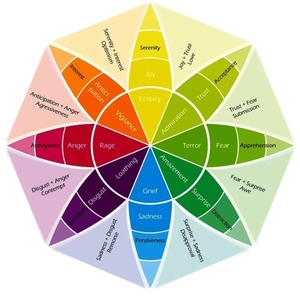About

Yidou Wan earned his Bachelor of Science in Psychology at the University of North Carolina at Chapel Hill in 2016, and he is expecting to earn his PhD at Texas A&M University in 2021. His recent research projects include "Romantic love and impulsivity," "Decision delegation in system design," and "Meta-analyses: the role of expertise on replication studies."
His philosophy of teaching is to create an active and stimulating learning environment for students. His goal is to help students interact with each other and with the instructor frequently and confidently. He focuses on making curriculum materials to be relevant and useful to students’ daily experience.



